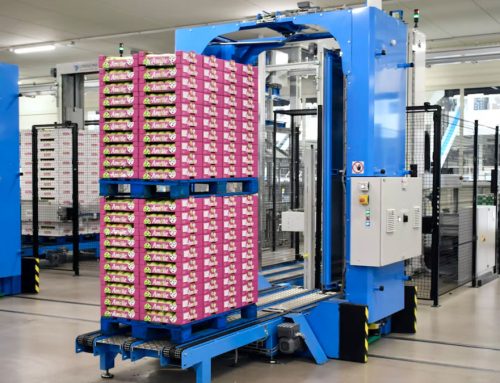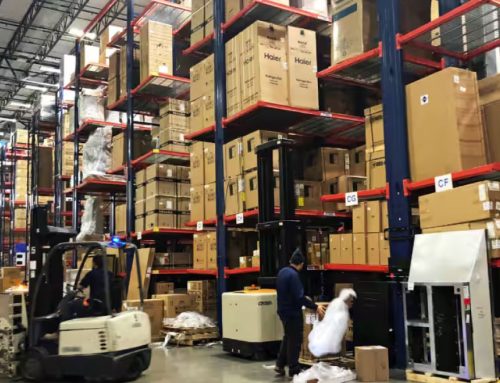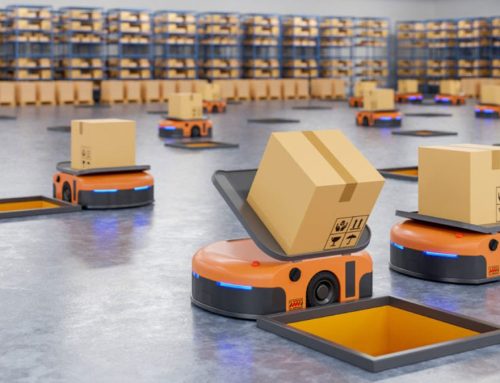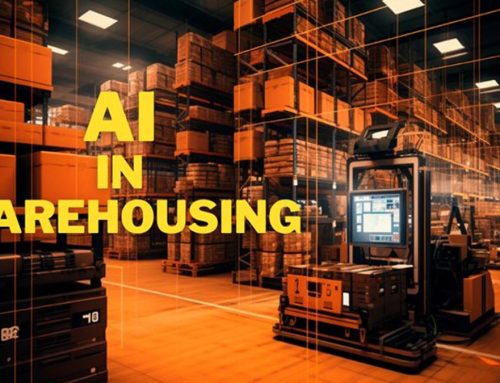Data-driven logistics: A boon for the Indian MSMEs

Posted on: January 12, 2024
The transformative impact of data-driven decision-making, highlighting how it not only improves immediate operational aspects but positions MSMEs as key contributors to India's economic growth and development.
The transformative impact of data-driven decision-making, highlighting how it not only improves immediate operational aspects but positions MSMEs as key
contributors to India’s economic growth and development.
Data-driven logistics and supply chain management have emerged as a transformative force, particularly for MSMEs in India. The integration of technology into logistics operations provides unprecedented visibility into the movement, quantity and product mix of goods. This newfound visibility empowers MSMEs to make informed decisions, enhancing overall efficiency and profitability.
Benefits to MSMEs
In the evolving landscape of business operations, technology has become more accessible, making it easier for management to embrace data-driven logistics. The central advantage lies in the visibility that this approach brings to MSMEs. Previously, information about the location and movement of goods was scattered, hindering effective decision-making. Now, with data-driven logistics, MSMEs have a centralised platform to gain insights into the precise
location, quantity and product mix of their goods. The primary benefit of this enhanced visibility is the ability to make well-informed decisions. MSMEs can now strategically plan their supply chain by understanding where goods are located, how they are moving and the quantity and product mix involved. This level of transparency was previously elusive, making it challenging for MSMEs to optimise their operations fully. Moreover, the widespread availability of technology tools and applications further facilitates the adoption of data-driven logistics. MSMEs can leverage these tools in four distinct ways:
Supply chain optimisation
By analysing past data, both from their own company and parallel players in the industry, MSMEs can make informed decisions about what to procure, how much to procure and where to source their supplies. This strategic approach ensures a streamlined and cost-effective supply chain.
Inventory planning
MSMEs can use data-driven insights to determine optimal inventory levels. This includes deciding where to source inventory, how much to keep and what product mix to maintain. Accurate inventory planning prevents overstocking or stockouts, leading to more efficient operations.
Demand forecasting
Understanding customer demands is critical for MSMEs. Data-driven logistics enables accurate demand forecasting and planning. MSMEs can analyse data to
identify customer preferences, regional variations and product trends, allowing for proactive decision-making in response to market demands. IoT integration
The use of Internet of Things (IoT) devices adds another layer of data-driven decision-making. MSMEs can gather real-time data from various machines, tools and vehicles. For instance, manufacturers can monitor machine performance, track the location of their fleet and analyse employee activities. This data can then be processed to derive valuable insights, leading to informed business decisions.
Conclusion
In the dynamic landscape of Indian business, data driven logistics has emerged as a game-changer for MSMEs, providing unprecedented visibility and strategic
insights into their supply chain operations. In the past, such sophisticated tools were beyond the reach of many small businesses. However, with the increasing ubiquity of technology, MSMEs can now harness the power of data driven logistics to enhance their operations.
The implications of data-driven logistics for MSMEs extend beyond immediate operational improvements. It positions them to be more adaptable to market changes, responsive to customer needs and resilient in the face of uncertainties. As the backbone of the Indian economy, the success and growth of MSMEs have a cascading effect on job creation, innovation and economic development. As they make strategic decisions based on real-time data, MSMEs not only enhance their own profitability but also contribute significantly to the economic progress of India.





